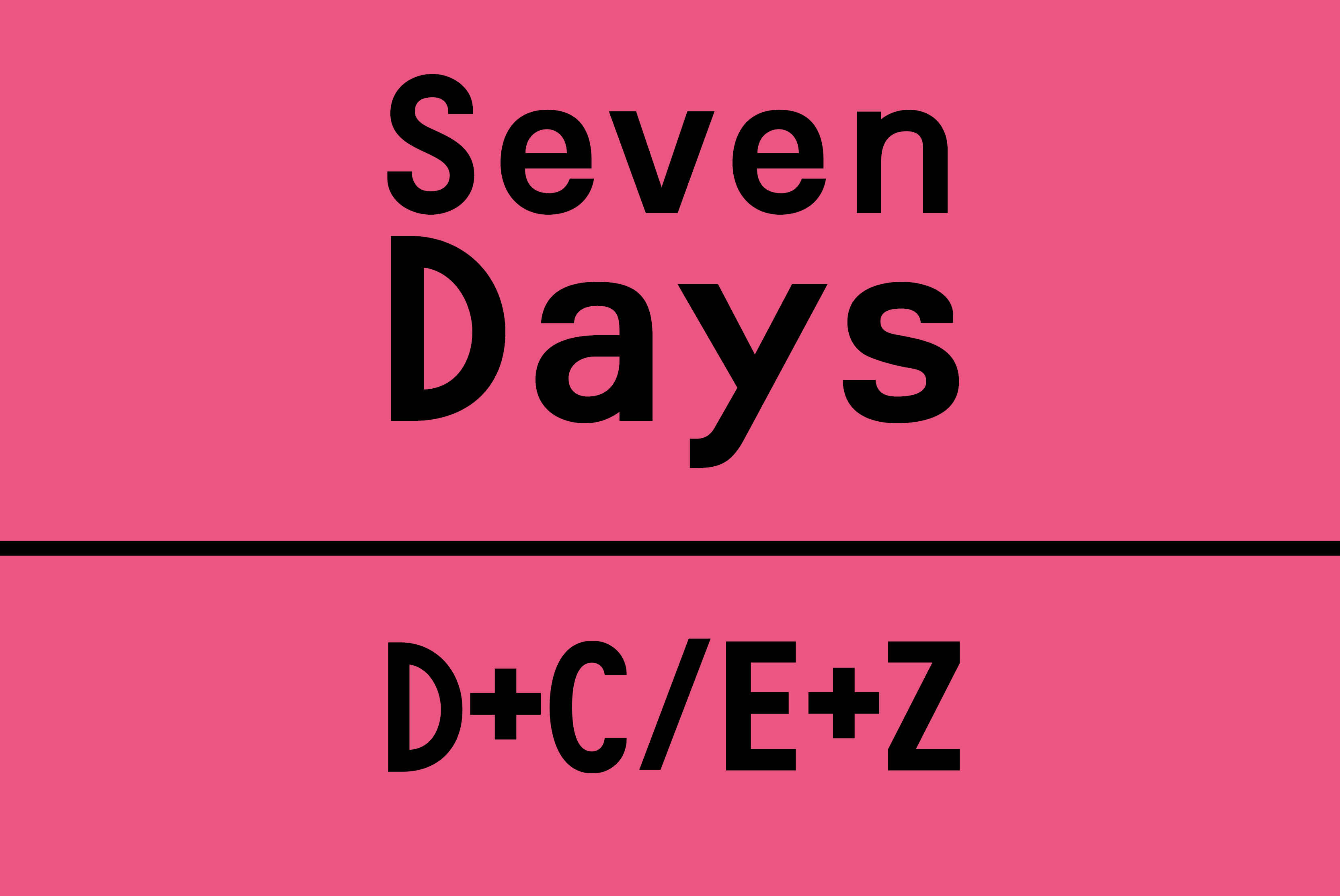In brief
News of the week

WHO takes stock of MDGs
According to the World Health Organisation (WHO), the results for the health-related Millennium Development Goals are mixed. 2015 is the final year for the MDGs, and, at current trends, humankind has managed to turn around the epidemics of HIV, malaria and tuberculosis. By the end of the year, however, the indicators for child and maternal mortality will not be reduced to the aspired levels.
Compared with 1990, child mortality is set to decline by half, but the goal was two thirds. Maternal mortality is also likely to go down by 50 %, but the goal was 75 %. The WHO also reports that access has improved both to safe drinking water and sanitation, but whereas the MDG target for drinking water was achieved in 2010, progress on sanitation remains behind schedule.
The data was published in the World Health Statistics 2015 in the past week. “The MDGs have been good for public health”, says Margaret Chan, the director-general of the WHO. “They have focused political attention and generated badly needed funds.” In spite of encouraging progress, however, Chan still sees “wide gaps between and within countries”.
Link:
WHO: World Health Statistics 2015.
http://www.who.int/gho/publications/world_health_statistics/2015/en/
Rohingya refugee crisis in Indian Ocean
On Thursday, the international non-governmental organisation Human Rights Watch (HRW) stated: “Thailand, Malaysia, and Indonesia should end their pushbacks of boats with Rohingya and Bangladeshi migrants and asylum seekers, and instead bring them ashore and provide desperately needed aid.”
Up to 8,000 refugees were estimated to be drifting at sea without adequate supplies of food, water and medicines. Most of them apparently belong to the Rohingya minority that is persecuted in Myanmar, though some are Bangladeshi migrants.
The crisis was exacerbated by Thailand’s decision to clamp down on people smugglers and their camps, thus depriving refugees of places to go. The campaign was started after mass graves of refugees were found in early May. The people concerned probably died because of violent action or neglect by people smugglers.
The majority of the refugees are Muslim and want to go to Malaysia, a predominantly Muslim country that is comparatively wealthy. Malaysia has accepted many migrants from Myanmar and Bangladesh in the past, but has begun to deny refugees access.
According to HRW, “the Burmese government has created this crisis with their continued persecution of the Rohingya”. (D+C/E+Z has covered the issue: http://www.dandc.eu/en/article/myanmar-does-not-recognise-rohingya-citizens-ngo-expert-elaborates-our-interview). HRW adds that, “Thailand, Malaysia, and Indonesia have made things much worse with cold-hearted policies to push back this new wave of ‘boat people’ that puts thousands of lives at risk.”
On Friday, the Thai government indicated it would reconsider its policy. It wants senior officials from 16 countries to discuss the matter at a meeting by the end of the month. The governments in Southeast Asia are under increasing international pressure to save refugees.
Sources: The Straits Times, HRW
Link:
http://www.hrw.org/news/2015/05/14/southeast-asia-end-rohingya-boat-pushbacks
Another blogger murdered in Bangladesh
Islamist extremists have stabbed to death Ananta Bijoy Das, a science blogger, in Sylhet, a major city in Bangladesh. He was the third blogger to be killed in knife attacks in Bangladesh this year. He contributed to a blog hosted by Avijit Roy, a previous victim.
All three murdered writers promoted secularism. Using the internet, Das spoke up against fundamentalists and elaborated on evolution theory. He had also expressed criticism of how the police handled the two previous murders.
Sources: Dhaka Tribune, The Hindu
Military units clash in Bujumbura
Heavy fighting has rocked Bujumbura, the capital of Burundi, after a general declared that the military had toppled President Pierre Nkurunziza in a coup. At the time, Nkurunziza was in Tanzania. Rival units of the military battled one another in the city.
On Thursday, Nkunrunziza’s camp declared that he had returned to Burundi and the situation was under control. However, fighting continued for a while. On Friday, several coup leaders were allegedly arrested and troops loyal to the government seemed to have prevailed.
Protests and riots started when Nkunrunziza announced he would run for a third term as president two weeks ago. In the meantime, the UN estimates that some 100,000 people have fled the country. Burundi only emerged from a devastating civil war ten years ago. Experts fear that violence could spill over into neighbouring countries which are also marked by the divide between Hutus and Tutsis.
Sources: BBC, CNN, Guardian
South Africa’s main opposition party elects its first black leader
Mmusi Maimane is the new leader of the Democratic Alliance, South Africa’s main opposition party. He is black and grew up in Soweto, the black township that was a hub of resistance against apartheid. Maimane is 34 years old and was still a child when Nelson Mandela won the presidential elections in 1994 and became the first black head of state. Maimane has been leading his party in the national parliament for a year.
As head of the party, he succeeds Helen Zille, who has done a lot to improve the image of the Democratic Alliance. She is the premier of Western Cape, which many consider to be South Africa’s best-run province, and a former mayor of Cape Town. Nonetheless, her party still has the reputation of representing the interests of a prosperous, white minority. The dominant party is the ANC, the former freedom movement.
Source: DW, Economist, Wikipedia
Guatemalan vice president resigns
Roxana Baldetti has stepped down as vice president of Guatemala. A judge has ordered her not to leave the country. A former private secretary of hers is accused of running a bribery ring, and she is suspected of being involved. The allegations were made by the Comisión International contra la Impunidad en Guatemala (CIGIG – International Panel against Impunity in Guatemala). This panel of investigators is sponsored by the UN. Its mission is to help Guatemala deal with its traumatic civil war. Many corruption networks are believed to have been established in the years of strife. Baldetti’s case may contribute to getting CIGIG’s mandate extended.
President Pérez Molina is a former general. He is barred from a second term because a head of state may only serve one four-year term in Guatemala. Molina praised Baldetti’s decision as brave and thanked her for her service to the country. Guatemala will hold presidential elections later this year. In opinion polls, the centre-left opposition is currently leading.
Source: NYT, AP
Chile’s new cabinet
Chile's President Michelle Bachelet has reshuffled her cabinet. The London-based Financial Times considers her to have moved “to centre ground”. Rodrigo Valdés, an economist who formerly worked for the International Monetary Fund, is the new finance minister. His appointment is likely to prove markets, the FT states.
Corruption scandals and a slowing economy have made Bachelet’s approval ratings drop to record lows of about 30 %. Her close ally Rodrigo Peñailillo, whose reputation has suffered from corruption allegations, is no longer a member of the cabinet.
Source: FT
These items were compiled by Hans Dembowski on the basis of international media coverage.











